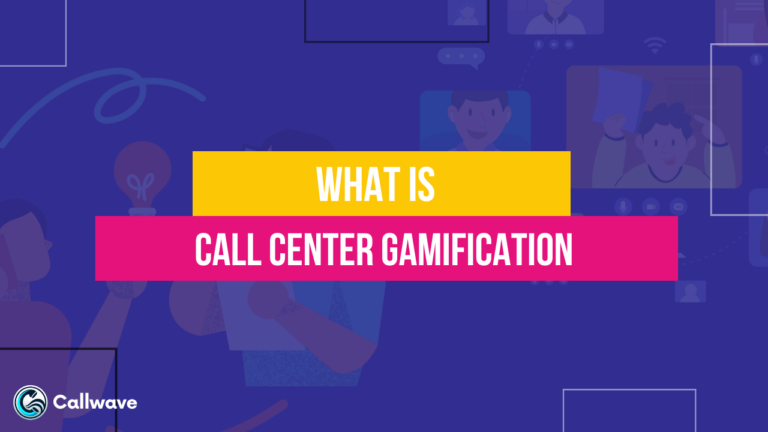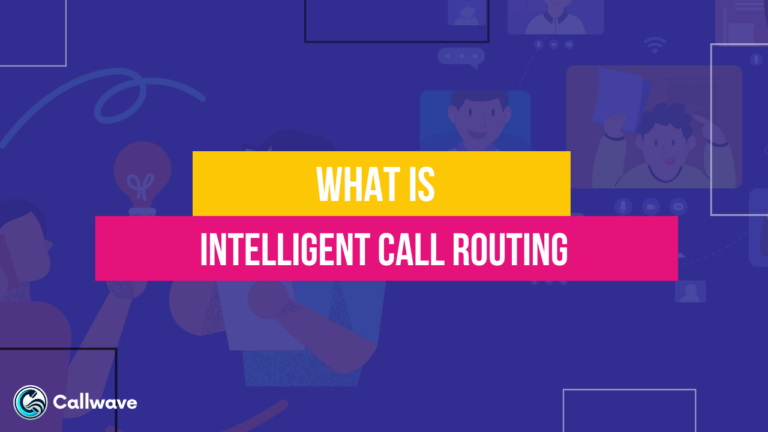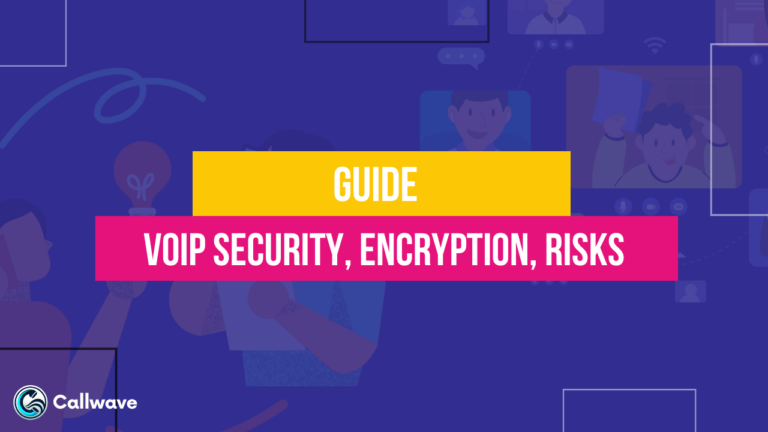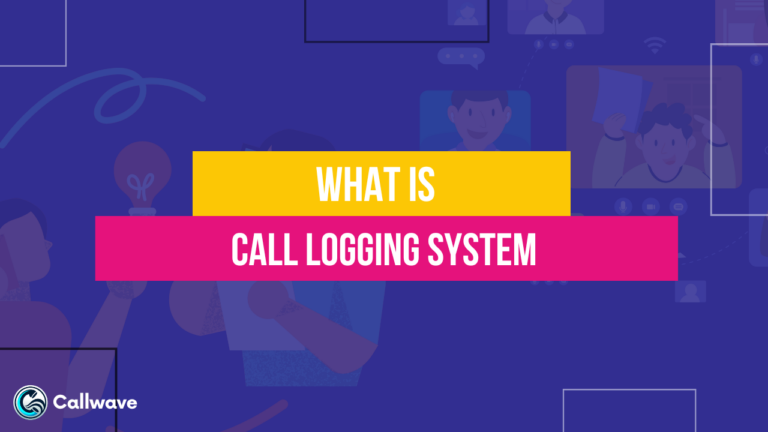Colocation, also known as colo, is a popular data center hosting solution for businesses.
Colocation involves renting space for servers and other computing hardware in a facility operated by a third-party provider.
Rather than building and maintaining their own data center, companies can colocate their equipment in a data center operated by a specialist provider.
Colocation offers businesses a cost-effective way to have reliable, scalable IT infrastructure without the overhead of managing their own data center.
There are many benefits to colocating with a third-party provider, including network connectivity, security, redundant power systems, and climate-controlled environments.
With colocation services, businesses can focus on their core competencies rather than facility management and maintenance.
This article will provide an in-depth look at colocation, its benefits, typical service offerings, and factors to consider when choosing a colocation provider.
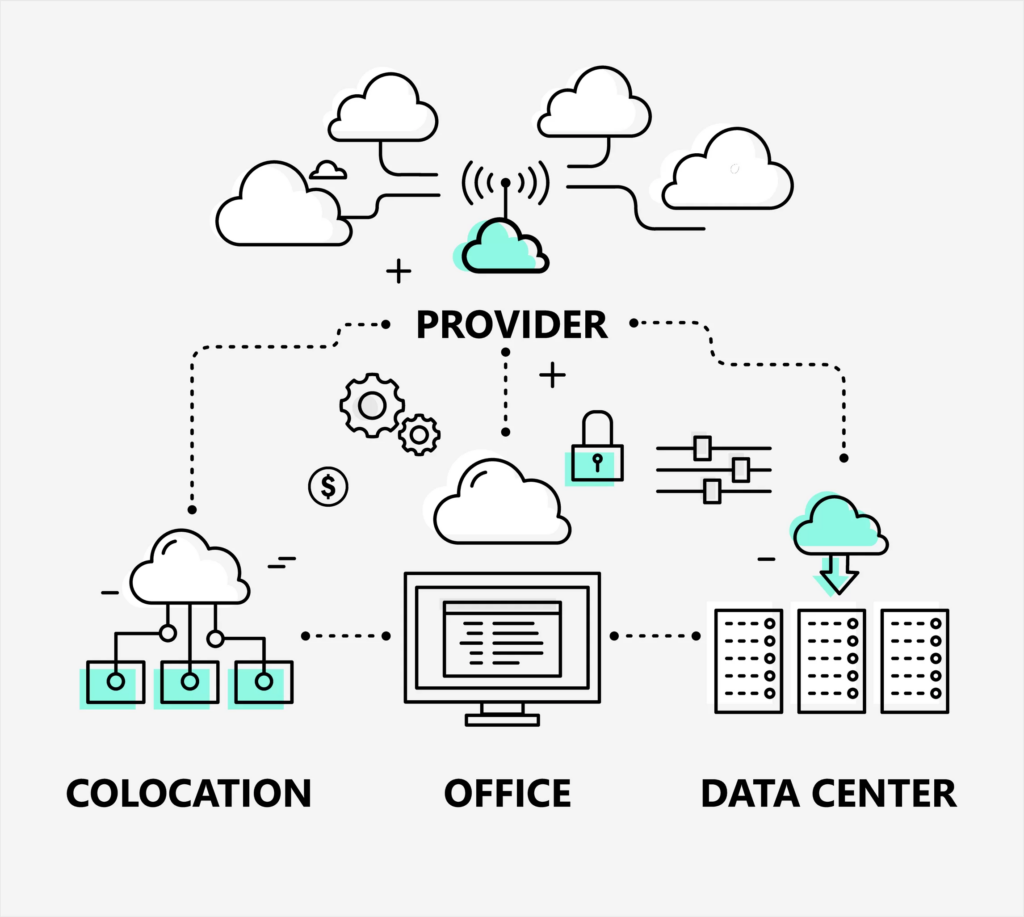
Benefits of Colocation
Many benefits make colocation an appealing option for businesses:
- Cost Savings – Colocation eliminates the expenses of building and staffing your data center facility. Providers can achieve economies of scale across their operations.
- Scalability – Customers can scale up or down as their needs change, adding more space and power when needed. New server deployments are fast and efficient.
- Network Connectivity – Data centers have high-speed, redundant network connectivity through multiple carriers. Customers can leverage these robust connections.
- Performance and Reliability – Colocation facilities offer high bandwidth, low latency connectivity ideal for performance-sensitive applications. They also provide redundancy for power, cooling, security, and networks.
- Security – Data centers have multiple layers of physical security protections, including access controls, cameras, guards, and often biometric scanning.
- Technical Support – On-site technicians are available to perform installations, upgrades, troubleshooting, and other day-to-day support tasks.
- Compliance – Many colocation providers have certifications like SOC2 and ISO 27001 that fulfill compliance requirements. Facilities may also adhere to industry standards like PCI DSS.

Colocation Facility Services
In addition to space and power, colocation providers offer a range of facility services:
- Remote Hands – Technicians on-site can perform basic tasks like rebooting servers, changing tapes, and replacing hardware.
- Hardware Procurement – Customers can rent or lease equipment through the provider rather than purchasing it outright.
- Interconnection – Facilities offer cross-connects between colocation customers, plus connections to cloud services, carrier networks, and internet exchanges.
- Managed Services – Providers can supply managed IT services for customers’ colocated infrastructure, such as monitoring, reporting, OS management, backups, and updates.
- Disaster Recovery – Colocation sites can serve as disaster recovery locations, with options for dedicated DR space and seats as well as systems for replication and failover.
Choosing a Colocation Provider
The key factors to examine when selecting a colocation provider include:
- Location – Consider proximity to your offices and users, as well as geographic risks like natural disasters. Look for tier-1 facilities in major hubs.
- Connectivity – Ensure the facility has high bandwidth and low latency connectivity through multiple network carriers and ISPs.
- Reliability – Examine the data center’s uptime track record, redundancy of critical systems like power and cooling, and operational procedures.
- Security – Physical security should include layered access controls, surveillance systems, on-site staff, and protocols for customers accessing their equipment.
- Scalability – Look for expandable space, power, and network capacity to scale up as your needs grow. Flexible contract terms allow you to add/change footprints.
- Cost – Pricing may include setup fees, monthly recurring rent, metered power usage, managed services, interconnection, and other add-ons. Get detailed quotes.
- Technical Support – Providers should offer 24/7 remote hand support plus expertise for systems integration, network configuration, and optimizing your environment.
- Compliance – Leading colocation providers adhere to standards like SSAE 18 SOC2, ISO 27001, PCI DSS, and HIPAA, with rigorous audits and controls.

Getting Started with Colocation
If colocation seems like the right choice for your organization, here are some tips for getting started:
- Evaluate needs – Consider current infrastructure and growth projections to determine space, power, cooling, and connectivity requirements both now and in the future.
- Research providers – Identify several providers that meet your capacity, connectivity, reliability, and compliance needs. Get proposals.
- Visit facilities – Tour candidate colocation facilities to view security procedures, infrastructure redundancies, and operational practices firsthand.
- Review contracts – Scrutinize contracts, paying attention to all fees, SLA commitments, termination options, liability, and other terms.
- Plan deployment – Develop a detailed plan for migrating existing infrastructure to colocation, including timelines, dependencies, and fallback steps.
- Implement in phases – Transition infrastructure to colocation in stages to minimize disruptions. Test thoroughly after each phase.
- Optimize environment – Work with the provider to optimize space, power density, cooling, and network configurations for maximum performance and efficiency.
- Monitor service – Track colocation provider’s performance on SLA commitments, technical support response, and continuous compliance with policies, standards, and regulations.
Frequently Asked Questions (FAQ)
Ques 1: What is the difference between colocation and cloud computing?
Ans: Colocation involves renting physical data center space to host your servers and hardware, while cloud computing provides virtualized, on-demand IT resources without needing to maintain physical infrastructure.
Colocation offers more control since you own the equipment, while the cloud can be more flexible and scalable.
Ques 2: What size colocation space will I need?
Ans: Space needs depend on server rack requirements, network cabling, SANs, disaster recovery systems, and projected growth.
Providers can advise on ideal footprints based on power draw, heat output, and other considerations. Start with the rack space needed today and add a buffer for expansion.
Ques 3: How much does colocation cost compared to alternatives?
Ans: Colocation typically costs much less upfront than building your own data center, and less ongoing than managing in-house infrastructure.
It may cost more than the public cloud depending on usage, but gives more control. Get quotes from several providers to compare pricing.
Ques 4: How can I access my colocated servers?
Ans: Options for accessing colocated equipment include remote hand support from the provider, traveling to the site yourself, or renting a permanent desk/cage if frequent direct access is needed.
Some providers offer smart hands services like live video feeds during remote access sessions.
Ques 5: Is colocation secure?
Ans: Reputable colocation providers implement strict physical security protections including perimeter fencing, access controls, CCTV surveillance, guards, and secure customer portals.
Customers control access to their own space and equipment. Policies and audits ensure security is maintained.

